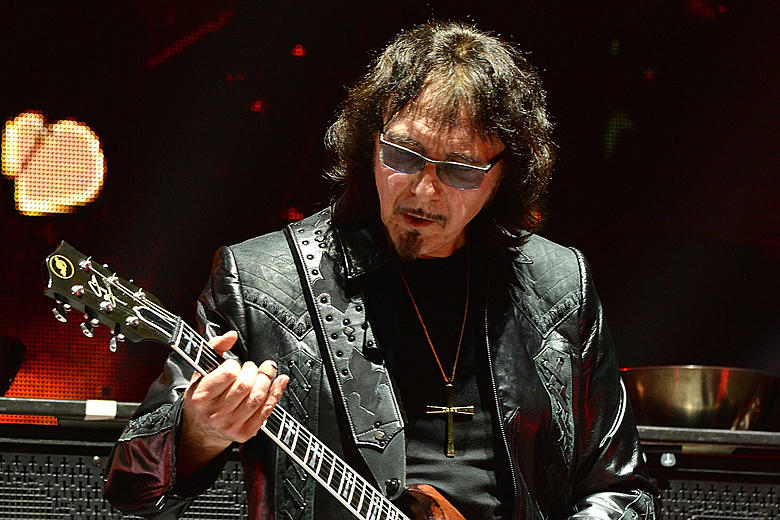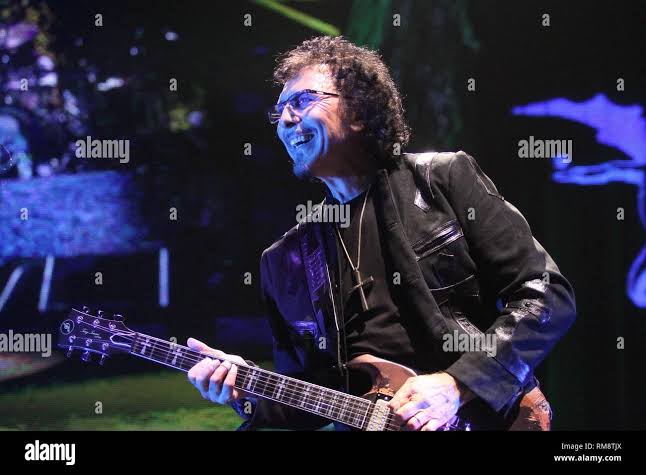Why His Solo Music Feels Heavier Than Iron Maiden…
For millions of fans, Bruce Dickinson will always be the voice of Iron Maiden the man who can soar over galloping riffs and hold entire stadiums in the palm of his hand. Yet for all the epicness of Maiden’s music, Dickinson admits there’s a side of him that doesn’t always fit neatly within the band’s framework. That’s where his solo career comes in.
“There’s a lot of heaviness in the air with Maiden,” Dickinson recently reflected. “But the band doesn’t really take advantage of it the way I’d like to. With my solo music, I can lean into that heaviness.”
It’s a candid admission from someone who has spent decades fronting one of heavy metal’s most celebrated acts. But if you know Dickinson, you know he thrives on honesty and on constantly pushing himself beyond the expected.
The Weight of Iron Maiden
Iron Maiden is its own universe. The band’s sound is built on unmistakable trademarks: Steve Harris’s relentless bass gallop, the twin-guitar harmonies, and songs that often feel like short films set to music. Fans have come to expect sprawling tales of history, myth, and battle all delivered with Maiden’s unmistakable fire.
But that consistency also has boundaries. “Maiden is like a giant ship,” Dickinson said. “It moves with power, but it doesn’t turn quickly. There are things I hear in the music shades of darkness, moods of real heaviness that don’t always get explored within the band. That’s where my solo work gives me freedom.”
Finding Freedom in Solo Projects
Dickinson’s solo albums have long been a canvas for experimentation. While his debut, Tattooed Millionaire, leaned into hard rock swagger, later records like The Chemical Wedding plunged into much darker waters. That 1998 album, drenched in William Blake-inspired mysticism and massive, churning riffs, remains a fan favorite precisely because of its raw weight.
“Heaviness isn’t just about guitars tuned low or playing faster,” Dickinson explained. “It’s about atmosphere. It’s about mood. Sometimes it’s in the silence between the chords. Sometimes it’s in the way a lyric hits you in the chest.”
That philosophy makes his solo work feel more personal, almost like an unfiltered journal of emotions and ideas that don’t quite fit within Maiden’s more cinematic storytelling.
Living Between Two Worlds
Balancing both careers hasn’t always been easy, but Dickinson insists he doesn’t see Maiden and his solo music as rivals. Instead, he describes them as two sides of the same coin.
“With Maiden, there’s a strong identity that’s bigger than any one of us,” he said. “When I go solo, I get to be Bruce in a different way. I can explore the darker, heavier side of my imagination without worrying about whether it’s ‘Maiden enough.’ That’s liberating.”
And fans have embraced that duality. While Iron Maiden continues to pack arenas across the globe, many listeners turn to Dickinson’s solo work when they want something a little grittier, heavier, or more introspective.
Looking Forward, Still Hungry
At 66, Dickinson shows no signs of slowing down. He still performs with the energy of a man half his age, and his creative drive remains fierce. Whether it’s new music, writing, or even his well-documented love for aviation, he refuses to coast on past glories.
“Maiden has its sound, and it’s beautiful,” he said with a smile. “But my solo stuff that’s me digging into the parts of myself that are darker, heavier, more intense. I need both. They keep me alive, creatively.”
For fans, that honesty is part of why Dickinson endures. He’s not just the voice behind Run to the Hills or Fear of the Dark. He’s a restless artist still searching for new ways to make music hit harder, feel deeper, and mean more.
And that’s the kind of heaviness worth carrying.



